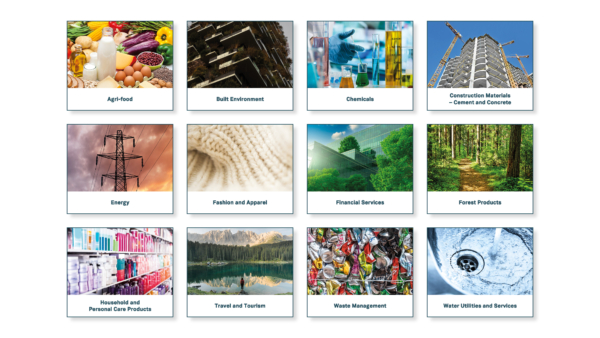
Sector Actions Towards a Nature-Positive Future
It’s one year since governments adopted the Global Biodiversity Framework (GBF) with a mission to halt and reverse nature loss by 2030. The GBF clearly recognizes the role of businesses and financial institutions in achieving all the targets of the framework. Now, we need to scale and speed up business action to support with its implementation. For businesses to credibly contribute towards a nature-positive future, it is essential to adopt a sector-specific approach to nature action, recognizing the unique ways different sectors interact with and depend on nature.
Business for Nature, the World Business Council for Sustainable Development and the World Economic Forum have developed guidance for 12 sectors. The sector-specific actions build on the high-level actions businesses should take to credibly help halt and reverse nature loss and contribute to an equitable, nature-positive economy. All businesses need to Assess, Commit, Transform and Disclose (ACT-D high-level business actions on nature). They should acknowledge the value of nature to their business; assess and measure their impacts and dependencies on nature; set transparent, time-bound, science-based targets; take actions to address their key impacts and dependencies; and publicly disclose performance and other relevant nature-related information.
The typical impacts and dependencies inform the sector-specific priority actions that companies should take to transform their business and meet the ambition they have set out as part of a credible nature strategy.